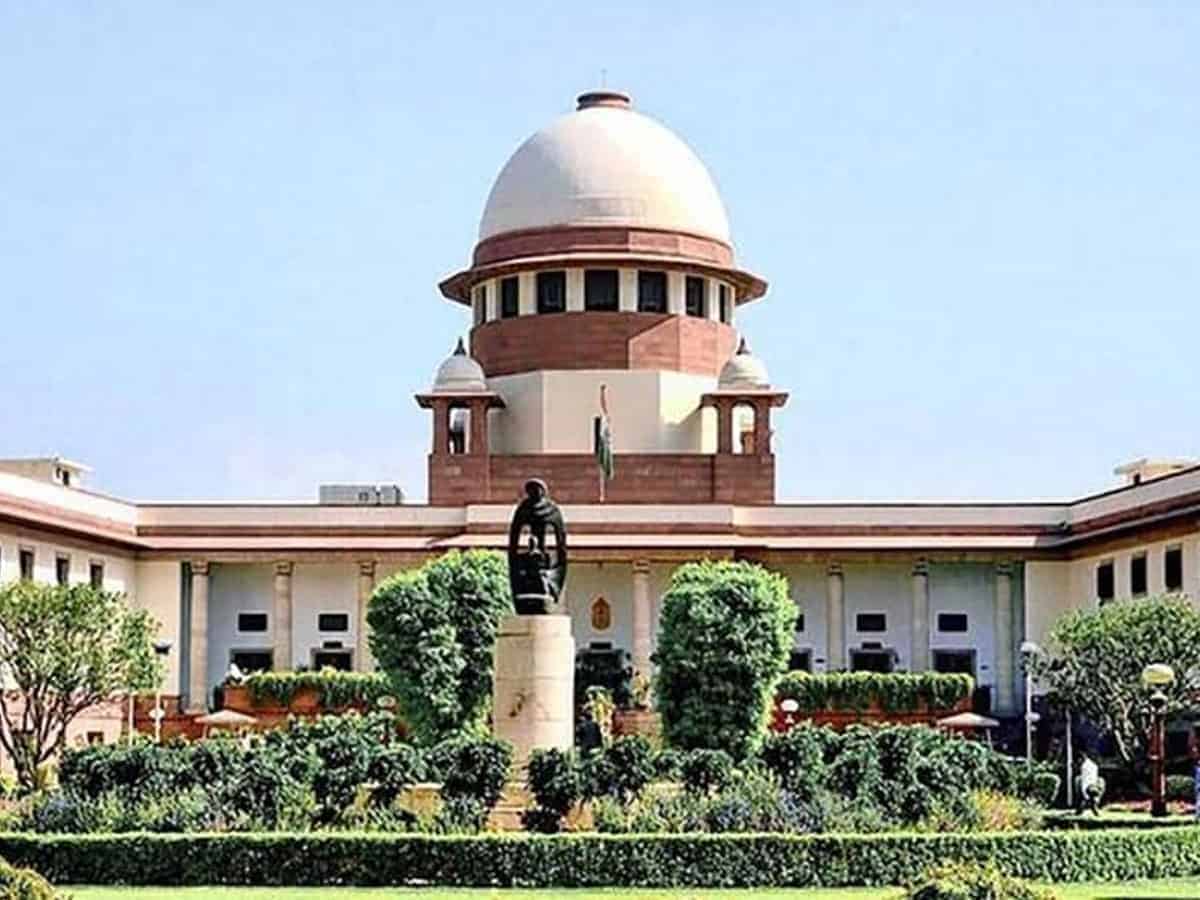
New Delhi: The Supreme Court on Monday fixed April 16 for a final hearing on a batch of pleas challenging the Patna High Court order upholding the Bihar government’s decision to conduct a caste survey.
A bench of justices Sanjiv Khanna and Dipankar Datta said that the matter required a detailed hearing.
Justice Khanna said all the intervention applications filed on the issue will also be taken on April 16 when the final hearing will take place.
On January 2, the top court had asked the Bihar government to put in public domain the break-up of the caste survey data to enable those aggrieved to challenge the findings.
It had refused to grant any kind of interim relief to the petitioners who have challenged the caste survey.
On October 6, 2023, the top court questioned the Bihar government as to why it published its caste survey data.
It had, however, refused to restrain the state government from making public further data, and said it may examine if the state has the power to conduct such an exercise.
It had issued a formal notice on a batch of pleas challenging the August 1, 2023 order of the Patna High Court that gave the go-ahead for the caste survey in Bihar.
It rejected the petitioners’ contention that the state government has already published some data preempting a stay. They had sought a complete stay on further publication of data.
On October 2, 2023, the Nitish Kumar government released the findings of the caste survey, a move its detractors claimed was made keeping in mind the 2024 Parliamentary elections.
Kumar was then heading the JD(U)-RJD-Congress alliance government. He rejoined the NDA last month.
The data revealed that the OBCs and EBCs constituted a whopping 63 per cent of the state’s population.
The state’s total population stood at a little over 13.07 crore, out of which the Extremely Backward Classes (36 per cent) were the largest social segment followed by the Other Backward Classes at 27.13 per cent.
The survey also said the Yadavs, an OBC group was the largest caste in terms of population, accounting for 14.27 per cent of the total.
Dalits accounted for 19.65 per cent of the total population in the state, which is also home to nearly 22 lakh (1.68 per cent) people belonging to the Scheduled Tribes.
On August 7, 2023, the top court refused to stay the high court’s order giving the go-ahead for the caste survey.
Besides a plea by NGO ‘Ek Soch Ek Paryas’, several other petitions have been filed, including one by Nalanda-resident Akhilesh Kumar, who has contended that the notification issued by the state government for the exercise is against the constitutional mandate.
Kumar’s petition says, according to the constitutional mandate, only the Union government is empowered to conduct a census.
The high court had said in its 101-page verdict, “We find the action of the state to be perfectly valid, initiated with due competence with the legitimate aim of providing development with justice.”



